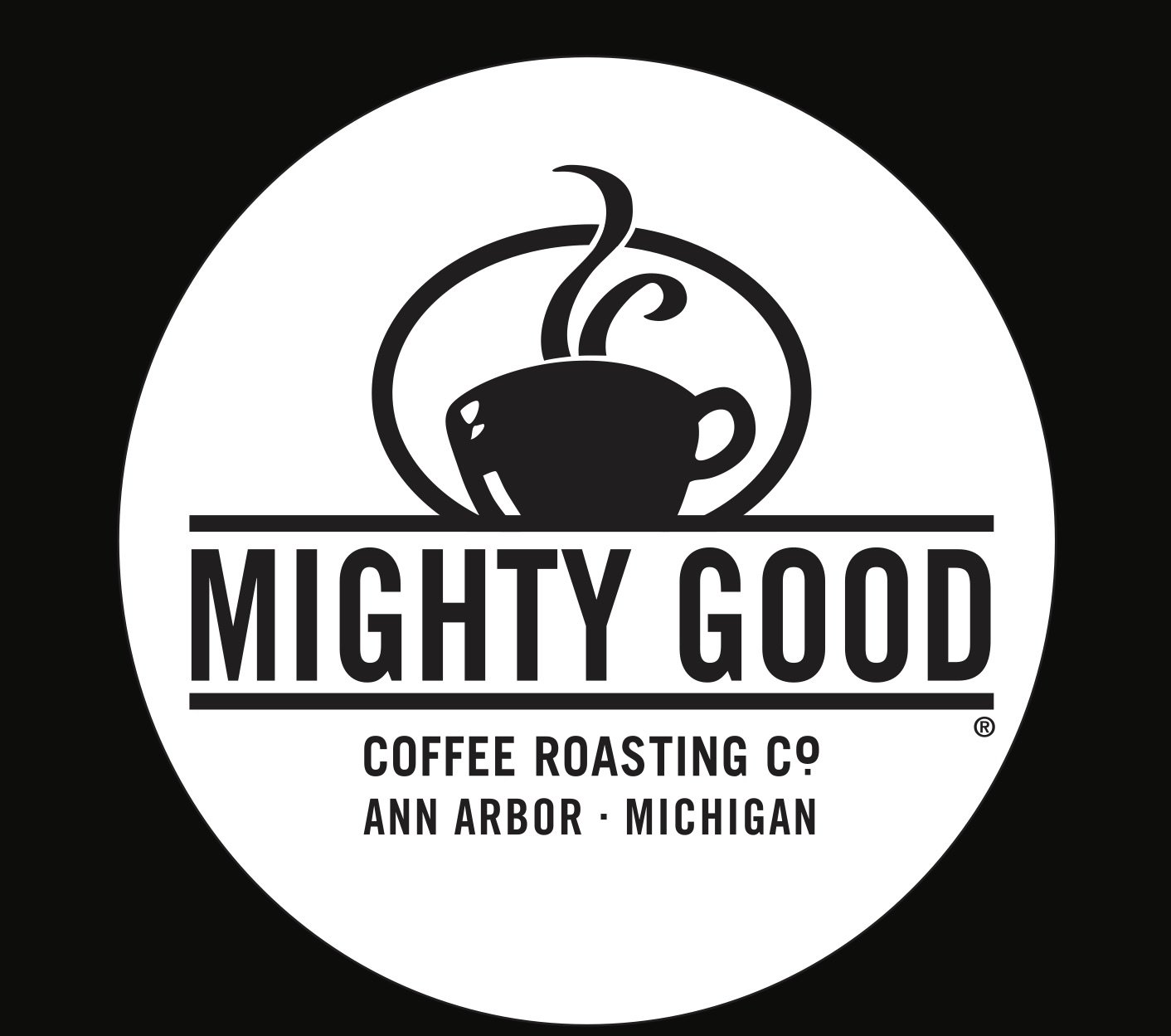Honeyed coffees on raised drying beds, Finca La Pastora
Entrance to Finca La Pastora
The family
Cara and Kaitlyn picking coffee at La Minita
The Tarrazu Valley in Costa Rica is one of the most well known and recognized regions for producing great coffees and we’ve been roasting some of them since the beginnings of MGC. But something has been slowly changing over the past decade. That is the ever expanding offerings of smaller and more distinctive lots of coffee we can source. The micro-lot revolution! From our view at 1700 meters, no one exemplifies this more than Minor Esquivel of Finca La Pastora. His farm, in the San Pablo de Dota region, has been in the same family for over 60 years. During his stewardship, he has become an innovator, working on new processes and continually reinvesting in his operations to further differentiate his offerings and create a sustainability family business. The original estate has been divided into 3 separate farms; 2 for his daughters and La Pastora on which he built his own mirco-processing mill and more recently a full coffee lab for roasting and testing his coffees. He also added a small guest house that overlooks the valley so that visitors can now stay for a few days and work with the family during the harvest.
His experimentation with honey processed coffees is what really sets this operation apart from the rest. This involves removing only the outermost skin of the coffee fruit, leaving the sweet mucilage intact. The coffee is place on raised African drying beds for 14-20 days, and as it does, the coffee takes on a honey color, hence the name. Minor takes this even further by removing the skin in varying amounts to create different flavor profiles. Named for the various honey hues, his lots include yellow, red and black honey. He also produces a traditional full natural and African process where the coffee is left in large plastic barrels for 5 days, then hand washed of the pulp in the same containers. Looking around on the day we visited, all of his work was in plain view. Standing in the middle of all these coffees creates an overwhelming sense of anticipation of what these will taste like in a cup!
In addition to Finca Las Pastora, we visited Hacienda La Minita and Beneficio del Rio Tarrazu where many of our coffees are processed. Cara, our lead coffee trainer, and Kaitlyn, the Arbor Hills cafe manager were along for this trip and got to see first hand the complete seed to cup process. We were treated to tastings of the new crop of Costa Rican coffees we have been roasting for many years. Hacienda Rio Negro will again be a mainstay of our offerings for 2019 and we’ll also try a new Dota lot, La Gladiola which has a distinct floral brightness.
In only a few short months, these coffees will be available to us in Ann Arbor and we can’t wait to offer them to you!






